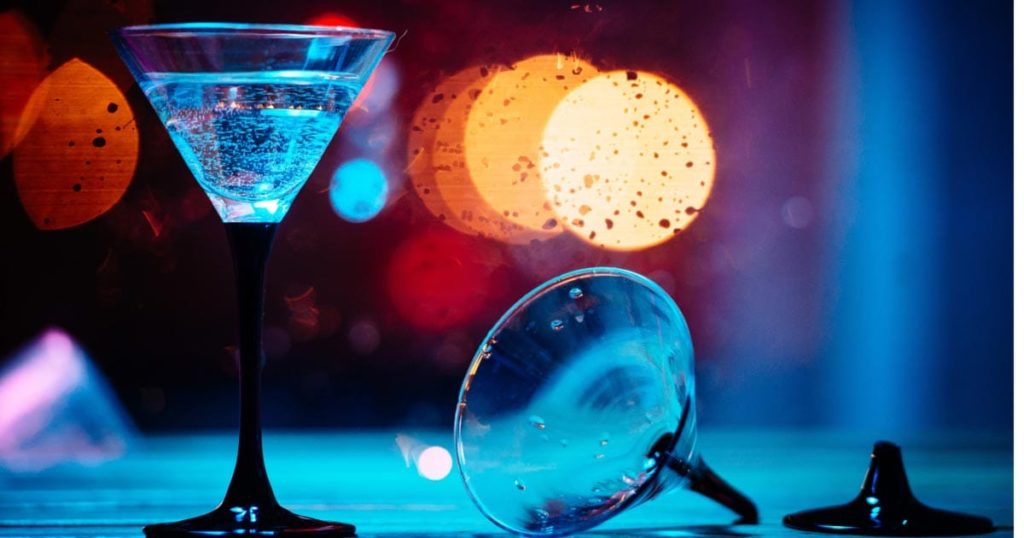Alcohol abuse affects millions of American families. But alcoholism is not always the culprit. For every American alcoholic there are two or three problem drinkers who don’t meet the criteria for alcohol addiction but still experience significant life disruption as a result of their drinking habits. Alcohol addiction and problem drinking are both diagnosable conditions. There are crucial differences that distinguish one from the other, but each exists on a continuum that means trouble for every person’s life they touch, including those of innocent bystanders (spouses, children, co-workers, people injured in accidents related to drunk driving, and so on). If your family has been affected by alcohol abuse, it’s important to understand exactly what you’re facing, so you’ll know what needs to be done to make things better.
What Makes a Problem Drinker?
Unlike alcoholism, problem drinking is not a stealth attacker. Its effects are front-and-center and obvious to anyone paying attention, which is why the denials of problem drinkers impress no one but themselves. When problem drinking is a part of your reality, its real-world effects may include:
- Missed days of school or work.
- Mood swings leading to depression, anger or violent behavior.
- Impulsive actions that result in injury, financial loss or personal embarrassment.
- Accidents of various types or multiple incidents of DUI.
- Relationship and family turmoil.
- Blackouts and memory loss.
Anyone may experience one or more of these side effects of excessive drinking at some time in their lives. But if they happen regularly, repeatedly or predictably, this is a sign of problem drinking and a reason to be concerned. Alcohol abuse is largely a symptom of other underlying problems. It is usually a coping mechanism designed to suppress traumatic memories or emotional discomfort, a crutch abusers come to rely on to help them handle circumstances that seem overwhelming. If you or your loved one decides to seek professional help for problem drinking, the root causes of the condition will need to be identified and addressed before real healing can take place.
When Problem Drinking Turns Into Alcoholism
Even if a true alcohol addiction never develops, problem drinking is destructive and should be taken seriously. But while problem drinking is not alcoholism, it is often a forerunner of deeper trouble. All problem drinkers are not alcoholics but all alcoholics start out as problem drinkers. When they cross the line that separates voluntary from compulsive drinking, few alcohol abusers notice the difference, and even for family members it can be hard to recognize that a scary and significant change has occurred. Authentic physical and psychological dependency on alcohol develops gradually, to the point where virtually every early stage alcoholic is convinced they are still capable of stopping whenever they choose. For those with a less severe drinking problem, quitting cold turkey can be an option, although it requires a concerted effort to break the psychological hold of alcohol even if true physical dependence has not developed. But alcohol addiction is a chronic disease that can’t be eliminated through simple acts of willpower. To regain control, an alcoholic may require structured detox under medical supervision, followed by inpatient or intensive outpatient therapy plus aftercare services that could go on for months or even years, depending on the depth of the addiction and the frequency of relapse. Alcohol abuse comes in many forms and degrees of potency, but once dependency develops free will is no longer the determining factor. Alcoholics don’t drink because they want to, prefer to, enjoy doing so or don’t know any other way to cope with stress. They drink because their physical and psychological cravings are too overpowering to resist, and unless the alcoholic finds the courage to ask for professional help, they may never develop the capacity to “just say no” to alcohol.
Problem Drinking or Alcoholism, the Enemy Is the Same
Regardless of the specific nature of your alcohol problem, or the problem of your loved one, if you do nothing about it the situation will only get worse. Unaddressed problem drinking will inevitably turn into alcoholism and untreated alcoholism is a life-threatening disease. Even without the medical complications, alcohol abuse has a tremendously negative impact on the personal lives of abusers and a devastating effect on family members forced to live through its ravages. For problem drinkers of all stripes, a full evaluation at the hands of a trained medical expert should be the first step on the path to recovery. Once you have an accurate diagnosis, you can seek out the treatment services that make the most sense, which could include psychotherapy and peer group meetings for problem drinkers and a 30- to 90-day stint in residential detox and rehab for alcoholics. Treatment is a life-saver and a difference maker, and without it the consequences for problem drinkers and alcohol addicts can be — and usually are — catastrophic.


